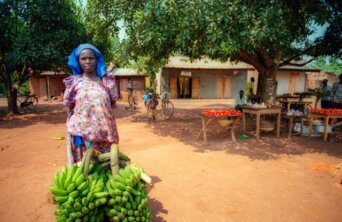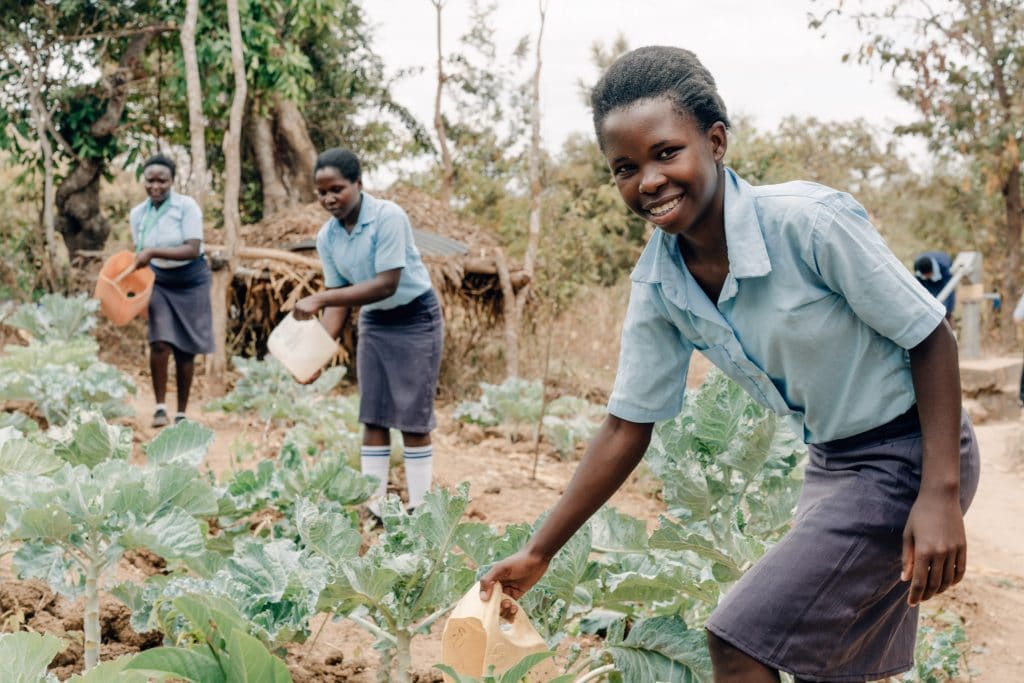- About
- Topics
- Picks
- Audio
- Story
- In-Depth
- Opinion
- News
- Donate
- Signup for our newsletterOur Editors' Best Picks.Send
Read, Debate: Engage.
| topic: | Economic Inclusion |
|---|---|
| located: | Kenya, Uganda |
| editor: | Bob Koigi |
In Africa, informal trade across borders is commonplace, reaching an estimated 60 per cent and being a source of income for over 40 per cent of the population. Women make up approximately 70 per cent of all informal traders across the continent. They trade non-processed foods such as maise, beans and horticultural produce, low-value manufactured and artisanal goods.
Despite their pivotal role in growing regional and local economies, enhancing integration, providing jobs and being their families’ breadwinners, women traders have traditionally struggled with recognition of their businesses, harassment, rape and their goods confiscated.
The Busia border in Western Kenya connects Uganda and Kenya and is one of the busiest in East Africa; women traditionally have struggled with complicated procedures, making it challenging to access trading licenses and travel documents. With the added difficulty of customs officials’ demands for bribes and corruption, women sought alternative, illegal and dangerous routes to move their goods where they faced robbery, rape, harassment, and physical and verbal abuse.
Circumstances for women improved with a new border model that sought to streamline border operations and formalise informal trade. The new framework has provided a new level of security for women traders and opened up the two countries to more women traders, improving their household income.
Entitled the One Stop border post, the model improves trade between the two countries and enhances cohesiveness and unity among citizens.
It is already being replicated in other borders across Eastern, Southern and West Africa and, in the process, promoting good relations between countries.
As the continent bets on the African Continental Trade Area, a trade pact that opens up countries to the free movement of people, goods and services, and Agenda 2063, a development blueprint that advocates for an all-inclusive and prosperous continent, concepts like the One Stop border posts offers the first and crucial step to actualising that ultimate resolve.
Informal traders, especially women, deserve more support to trade freely and run their businesses when small businesses and entrepreneurship are proving themselves as a panacea for the unemployment time bomb in the continent. From pro-small business policies, inter-country harmonised legislation, financial access and business training, such interventions hold the key to the ease of doing business and to not leaving any informal small trader behind.
Image by Mick Haupt.

